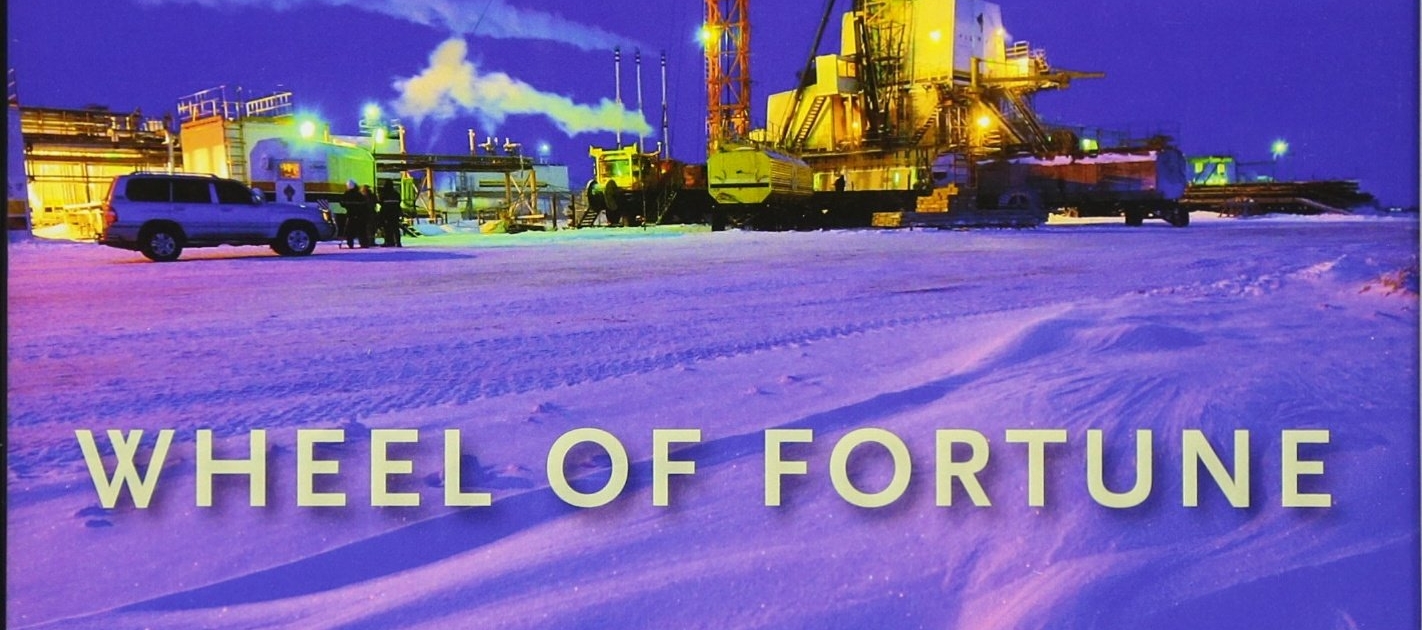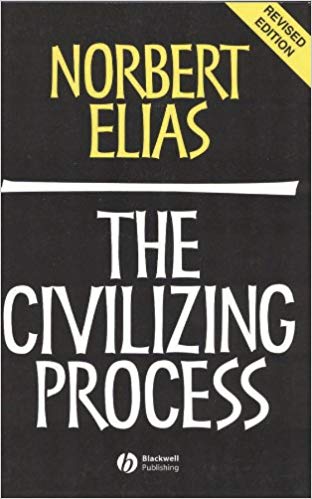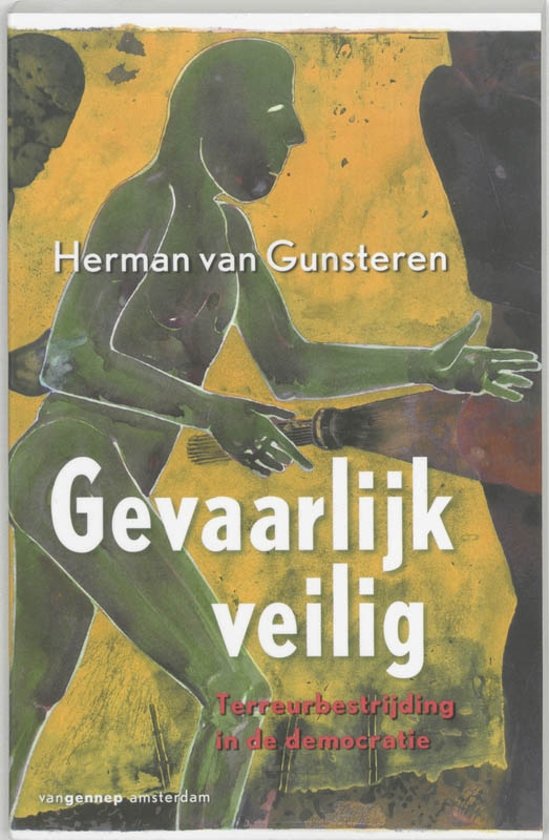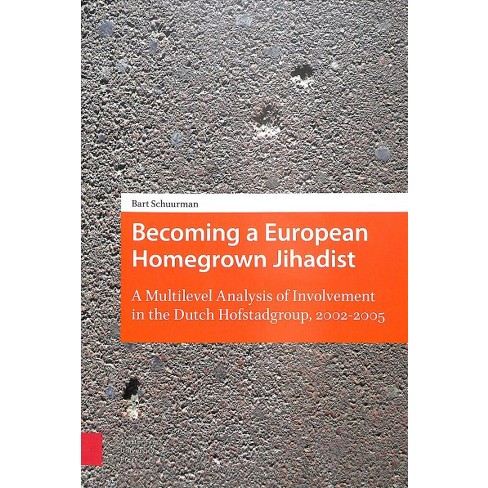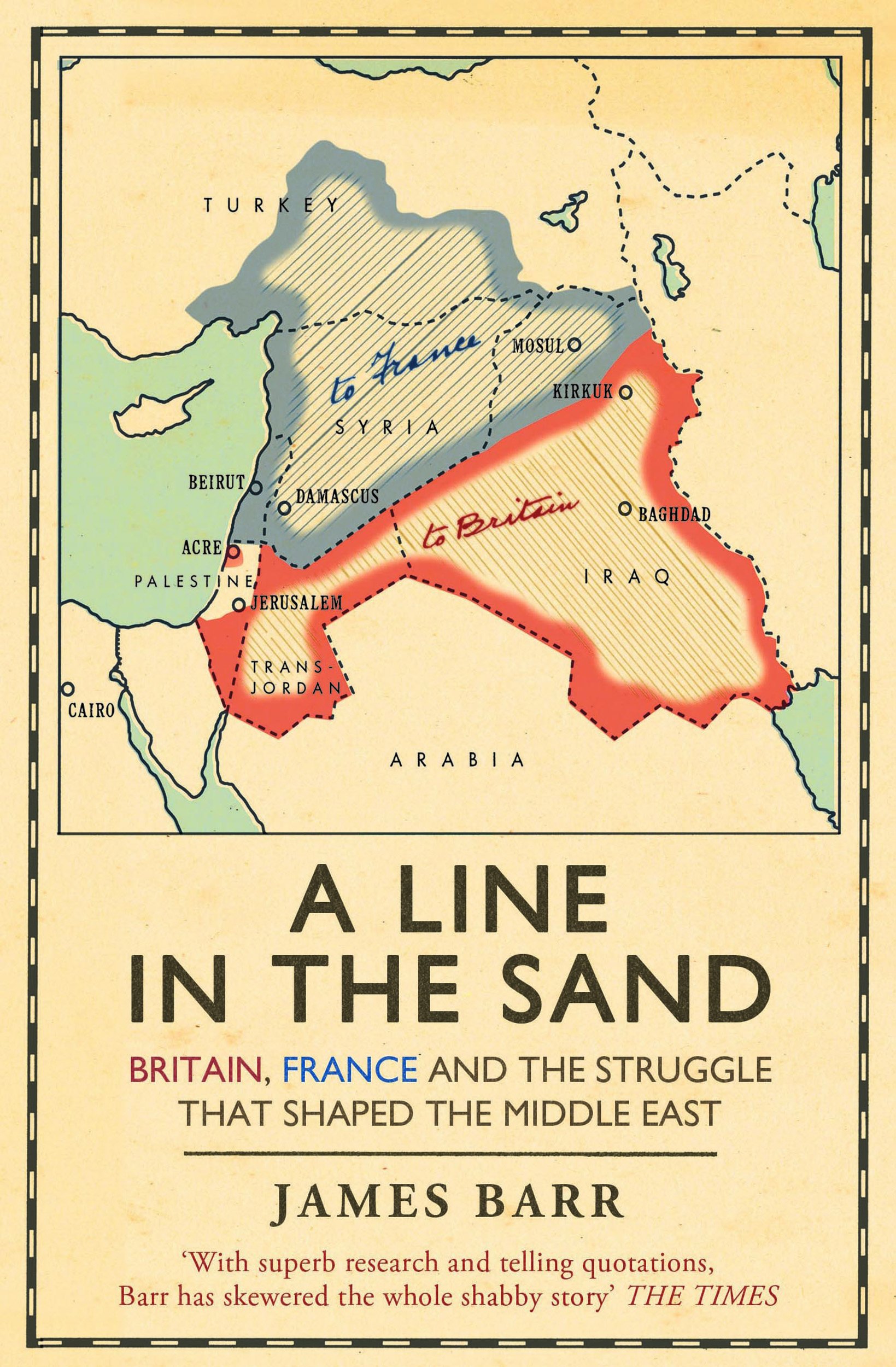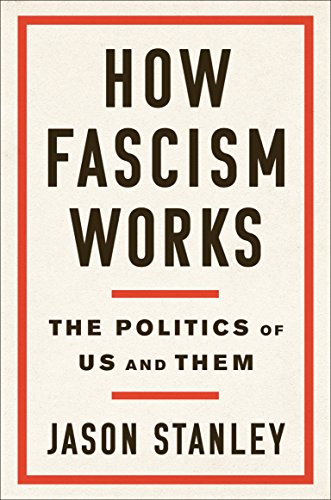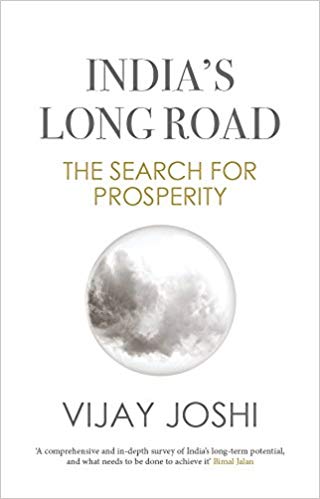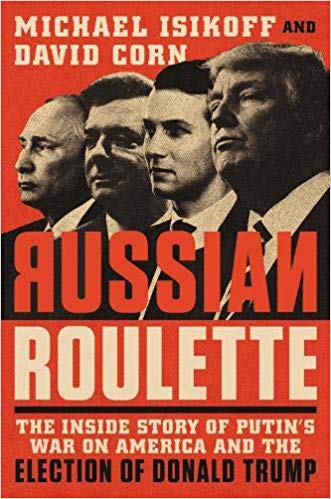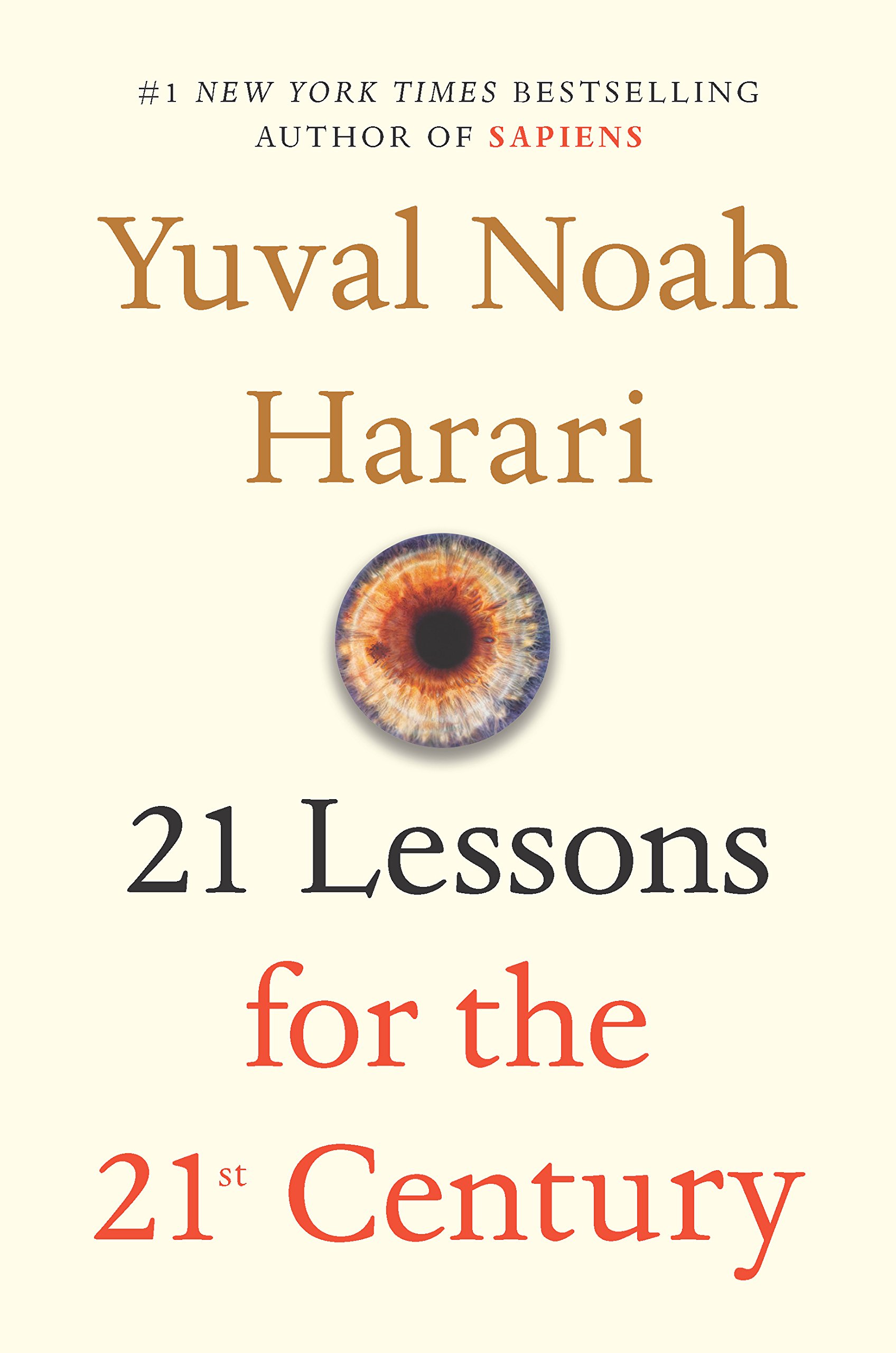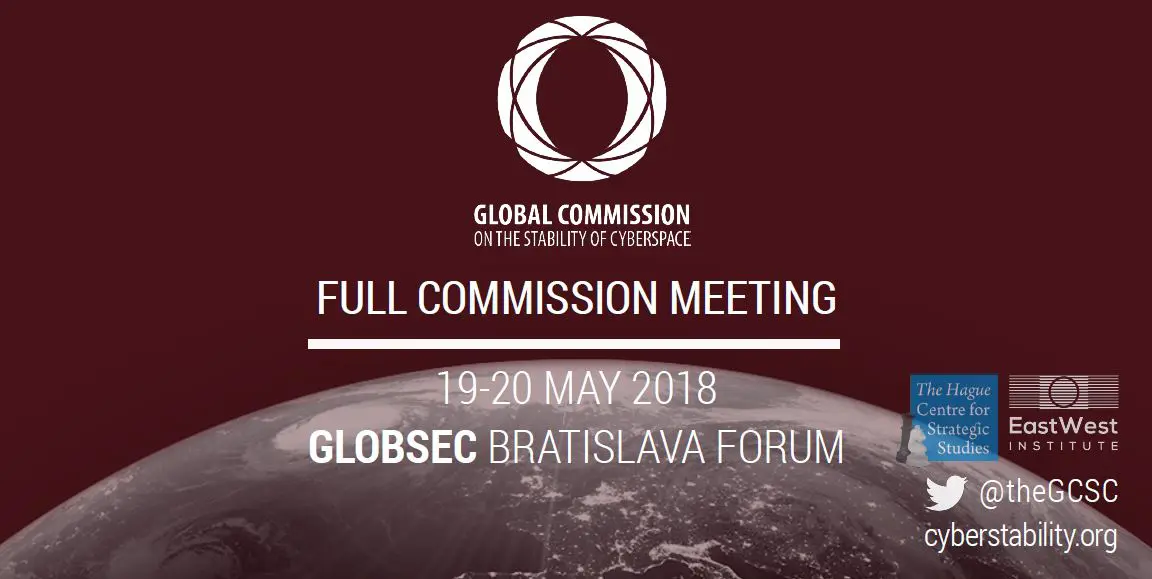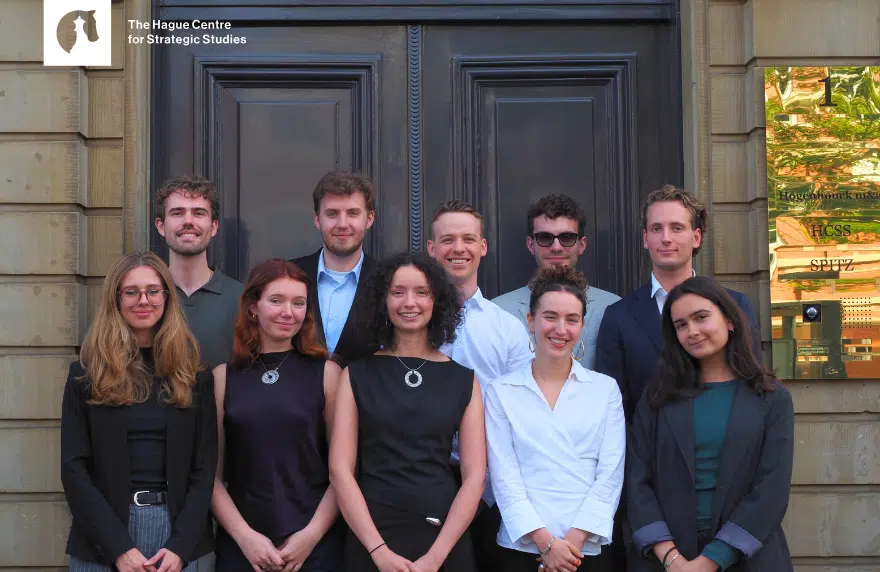
Whether you are having Christmas at home or away, the long cosy nights ahead are the perfect excuse to delve into a good read! In our latest edition of the HCSS Bookshelf, everyone here at HCSS share with you their “must-read” picks of the season, to help get you up to speed on the latest hot topics and global trends. With suggestions ranging from the newest must-reads to modern classics with newfound relevance, these books will undoubtedly both captivate your attention and increase your knowledge of our world over the winter period.
Paul Sinning, Executive Director

Dream Hoarders, by Richard V. Reeves
“Chosen by The Economist as best book of the year 2017, and rightfully so! The even distribution of wealth and providing access to resources, are important responsibilities for the élite, or upper middle class as Reeves describes it, in order to fight social inequality and exclusion and prevent further alienation by the rest of society.”
Michel Rademaker, Deputy Director, Market and Operations

Weapons of Math Destruction: How Big Data Increases Inequality and Threatens Democracy, by Cathy O’Neil
“Longlisted for the National Book Award | New York Times Bestseller.
A former Wall Street quant sounds an alarm on the mathematical models that pervade modern life and threaten to rip apart our social fabric.
We live in the age of the algorithm. Increasingly, the decisions that affect our lives—where we go to school, whether we get a car loan, how much we pay for health insurance—are being made not by humans, but by mathematical models. In theory, this should lead to greater fairness: Everyone is judged according to the same rules, and bias is eliminated.
But as Cathy O’Neil reveals in this urgent and necessary book, the opposite is true. The models being used today are opaque, unregulated, and uncontestable, even when they’re wrong. Most troubling, they reinforce discrimination: If a poor student can’t get a loan because a lending model deems him too risky (by virtue of his zip code), he’s then cut off from the kind of education that could pull him out of poverty, and a vicious spiral ensues. Models are propping up the lucky and punishing the downtrodden, creating a “toxic cocktail for democracy.” Welcome to the dark side of Big Data.”
Tim Sweijs, Director of Research
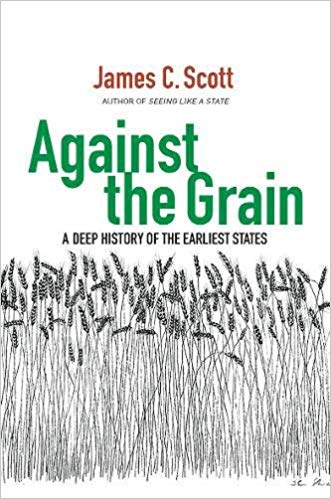
Against the Grain – A Deep History of the Earliest States – J.C Scott
“An account of all the new and surprising evidence now available that contradicts the standard narrative for the beginnings of the earliest civilizations. Why did humans abandon hunting and gathering for sedentary communities dependent on livestock and cereal grains, and governed by precursors of today’s states? Most people believe that plant and animal domestication allowed humans, finally, to settle down and form agricultural villages, towns, and states, which made possible civilization, law, public order, and a presumably secure way of living. But archaeological and historical evidence challenges this narrative. The first agrarian states, says James C. Scott, were born of accumulations of domestications: first fire, then plants, livestock, subjects of the state, captives, and finally women in the patriarchal family—all of which can be viewed as a way of gaining control over reproduction.”
The Civilizing Process, by Norbert Elias
“The Civilizing Process stands out as Norbert Elias’ greatest work, tracing the “civilizing” of manners and personality in Western Europe since the late Middle Ages by demonstrating how the formation of states and the monopolization of power within them changed Western society forever.”
Reinier Bergema, Strategic Analyst
Gevaarlijk Veilig, by Herman van Gunsteren
“Although published back in 2004, Gevaarlijk Veilig is as relevant as ever. In this essay, Herman van Gunsteren discusses the implications of counterterrorism measures for democratic norms and rules, pointing out the tendency of using Beelzebub in an attempt to cast out the devil. Not only a must-read for politicians and others fixated on safeguarding our societies from terrorist violence, but also for those with a wider interest in security within democratic systems.”
Becoming a Homegrown Dutch Jihadist: a Multilevel Analysis of Involvement in the Dutch Hofstadgroup, 2002-2005, by Bart Schuurman
“In 2004, the assassination of Dutch filmmaker Theo van Gogh made international headlines. The perpetrator, Mohammed Bouyeri, who still serves as an example in Al Qaeda propaganda targeting jihadist martyrdom-seekers in the West, perfectly highlights the shift from foreign to domestic jihadi terrorism since the turn of the century. In the aftermath of the assassination, others within the Hofstadgroup network, a term coined by the Dutch intelligence service, were arrested and sentenced up thirteen years in prison. Becoming a European Homegrown Jihadist, authored by Bart Schuurman, offers a unique, in-depth account of the Hofstadgroup specifically, and the different pathways into homegrown jihadism generally, based on both interviews with former members of the Hofstadgroup as well as police records.”
Willem Oosterveld, Strategic Analyst
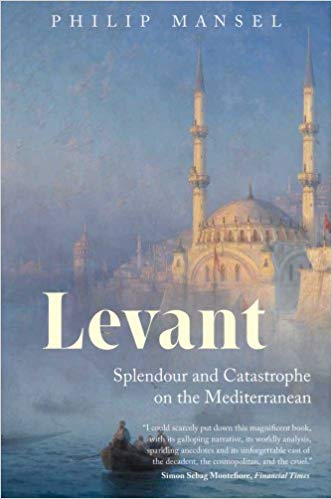

Levant by Philip Mansel
“A book about how some famous port cities in the Eastern Mediterranean -Izmir, Beirut and Alexandria- turned from multicultural hubs in the 19th century into largely monocultural cities in the 20th. It also has some interesting asides on Dutch consular influence in Smyrna in the 17-18th century. Truly marvellously written, one of the best books I have read in the past decade.”
Die Entzauberung Asiens, by Jürgen Osterhammel
“A book already published in Germany in 1998, reissued in 2013 and recently published in English under the awkward title Unfabling the East, this is a blockbuster on Europe’s encounter with Asia in the long 18th century, stretching from the Near to the Far East, and covering a whole range of thinkers, travellers and merchants who plied the waters and trudged the roads from east to west and back. Not a fluffy book, and plenty to learn from.”
Beneath Another Sky, by Norman Davies
“A book with a Claude Lorrain-like painting on the cover (or is it actually Claude himself?), cannot disappoint. Davies, a historian known for his books on Europe and in particular Eastern European (sorry, Central European) history now applies his trade to the rest of the world, writing a kind of travelogue cum history that takes him from Dubai to India and the Malay peninsula and across Australia to America. As is custom with Davies, it’s full of great detail on places which you may not think of as having lots of history (say, Dubai), but then brings these places alive by tying them to our own world and our own age.”
Jan Frederik Braun, Strategic Energy Analyst

Renewables: The Politics of a Global Energy Transition, by Michaël Aklin & Johannes Urpelainen
“A comprehensive political and historical analysis of the spectacular growth of renewables in the global power sector. The authors argue that the political strength of renewable energy in national markets depends on factors such as public opinion, partisan ideology in the government, and the political-economic clout of various industries. Although a bit too academic in its presentation, “Renewables” is nevertheless highly readable and informative.”
The Jungle Grows Back: America and Our Imperiled World, by Robert Kagan
“Realist Kagan argues that the international liberal order was not the product of evolution, of expanding knowledge, of technological advances, the spread of commerce and least of all of any change in the basic nature of human beings. In fact, the liberal order of relative global peace, prosperity and stability over the last 70 years is a historical anomaly that was created and guarded by the United States. Like a garden, artificial and forever threatened by the forces of nature, preserving the liberal order requires a persistent, unending struggle against the Hobbesian jungle from growing back and undermine it from within and overwhelm it from without. Brutally honest and brilliantly written, this little book has a hugely important political message in the age of Trump. The must read of 2018.”
Paul Verhagen, Associate Data Analyst
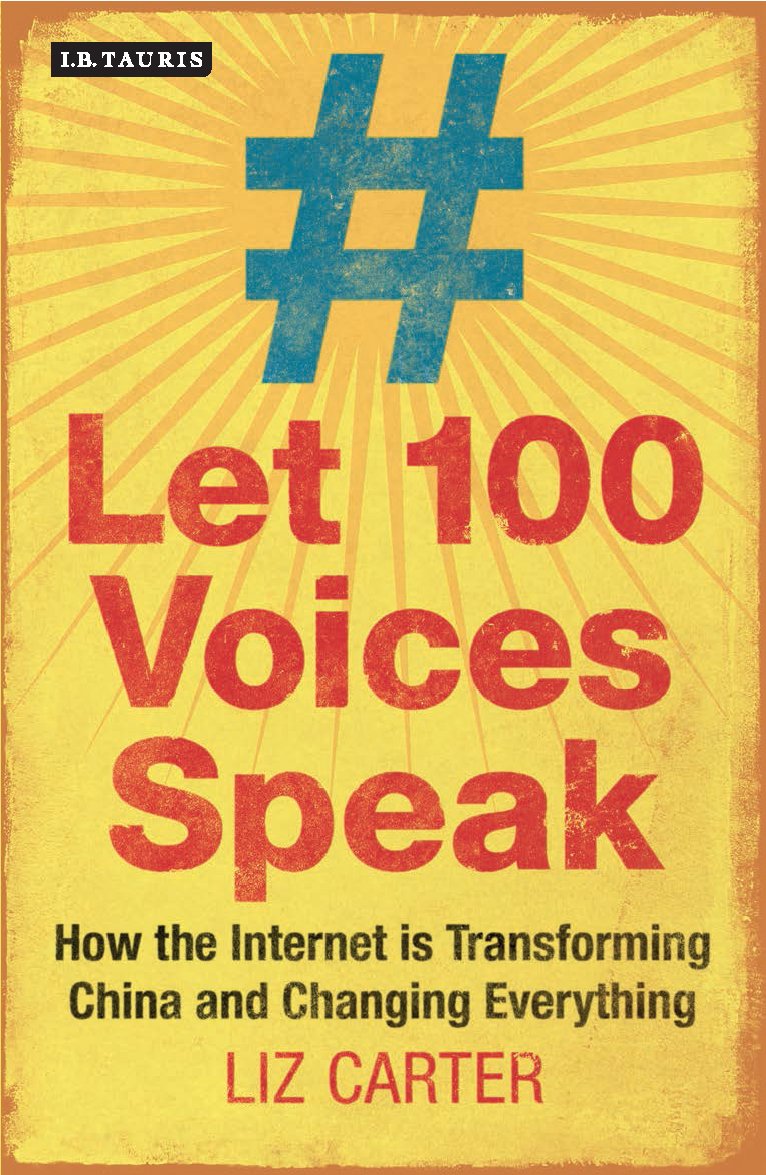
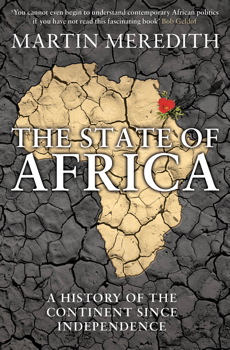
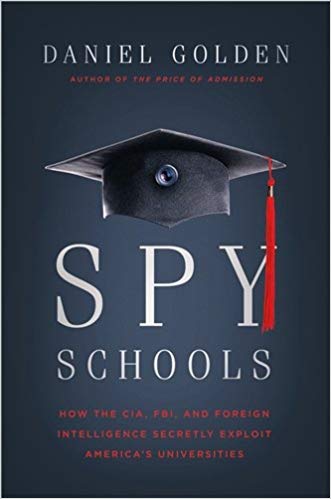
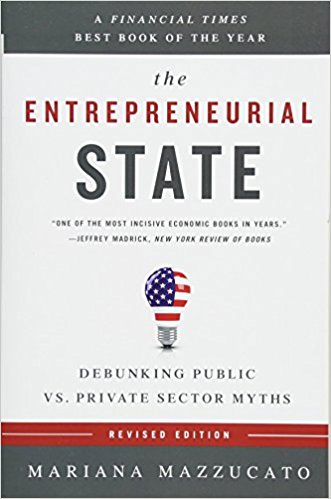
Let 100 Voices Speak, Liz Carter
“Take a dive into the unknown waters of the Chinese blogosphere; the constant seesaw between the Chinese netizens and government censors. Carter offers an illuminating insight into how the world’s most populous country deals with the age of social media.”
The State of Africa: A History of the Continent Since Independence, by Martin Meredith
“A broad overview of African development since decolonisation, Meredith describes the triumphs, turns and tyrants of the African nations first steps into self-governance in centuries.
The State of Africa puts modern Africa into the continuum of modern history and is a must read for anyone interested in the future of this dynamic and diverse continent.”
Spy Schools, by Daniel Golden
“As the US has accused China of the ‘greatest transfer of wealth’ in history, Spy Schools delves into how the academic world has become a theatre of war between the various intelligence agencies. From plagiarism and extortion to straight up recruitment and the theft of military research, Golden uncovers the swirling struggle for dominance over the knowledge economy.”
The Entrepreneurial State: Debunking Public vs. Private Sector Myths, by Mariana Mazzucato
“Mazzucato challenges some of the most fundamental economic assumptions and asks pertinent questions on how governments can stimulate and harness innovation. With the People’s Republic of China set to overtake the US as the single largest economy in the world, it is worth reconsidering the roles the public and private sectors have to play.”
A Line in the Sand: Britain, France and the struggle that shaped the Middle East, by James Barr
“Everyone knows the Middle East is complicated, but few are able to describe it as clear and comprehensive ways as Barr. A Line in the Sand outlines the complex geopolitical dance that laying down the lines of the modern Middle East.”
Katarina Kertysova, Strategic Analyst
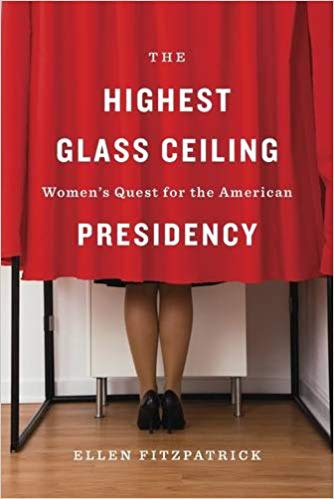
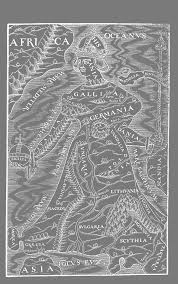
The Vory: Russia’s Super Mafia – Mark Galeotti (2018)
“Mark Galeotti is the go-to expert on organized crime in Russia, consulted by governments and police around the world. Now, Western readers can explore the fascinating history of the vory v zakone, a group that has survived and thrived amid the changes brought on by Stalinism, the Cold War, the Afghan War, and the end of the Soviet experiment.
The vory—as the Russian mafia is also known—was born early in the twentieth century, largely in the Gulags and criminal camps, where they developed their unique culture. Identified by their signature tattoos, members abided by the thieves’ code, a strict system that forbade all paid employment and cooperation with law enforcement and the state. Based on two decades of on-the-ground research, Galeotti’s captivating study details the vory’s journey to power from their early days to their adaptation to modern-day Russia’s free-wheeling oligarchy and global opportunities beyond.”
Europe at the Crossroads: Democracy, Neighbourhoods, Migrations, by Jacques Rupnik & Pavel Seifter
“A collective monograph Europe at the Crossroads: Democracy, Neighbourhoods, Migrations prepared by Jacques Rupnik and Pavel Seifert offers a selection of the key papers presented at the annual conferences of Vaclav Havel European Dialogues in 2014–2016: Gilles Kepel, Ivan Krastev, Camino Mortera Martinez, Luuk van Middelaar, Claus Offe, Petr Pithart, Jiří Přibáň, Mykola Rjabchuk, Jacques Rupnik, Pavel Seifter, Jovan Teokarević, Andrew Wilson and Catherine Withol de Wenden.” – Vaclav Library
The Highest Glass Ceiling: Women’s Quest for the American Presidency, by Ellen Fitzpatrick
In The Highest Glass Ceiling, best-selling historian Ellen Fitzpatrick tells the story of three remarkable women who set their sights on the American presidency. Victoria Woodhull (1872), Margaret Chase Smith (1964), and Shirley Chisholm (1972) each challenged persistent barriers confronted by women presidential candidates. Their quest illuminates today’s political landscape, showing that Hillary Clinton’s 2016 campaign belongs to a much longer, arduous, and dramatic journey.
Gabriella Gricius, Assistant Analyst

Wheel of Fortune: The Battle for Oil and Power in Russia by Thane Gustafson
“It’s a great book for getting background knowledge into the interdependence among Russia’s oil industry, politics, and economy and its development through the 1990s to current day. “
Legacy of Ashes: The History of the CIA by Tim Weiner
“To understand that while the CIA is believed by many to be effective and well-functioning, many of its actions were made without thought or oversight.”
Esther Chavannes, Assistant Analyst
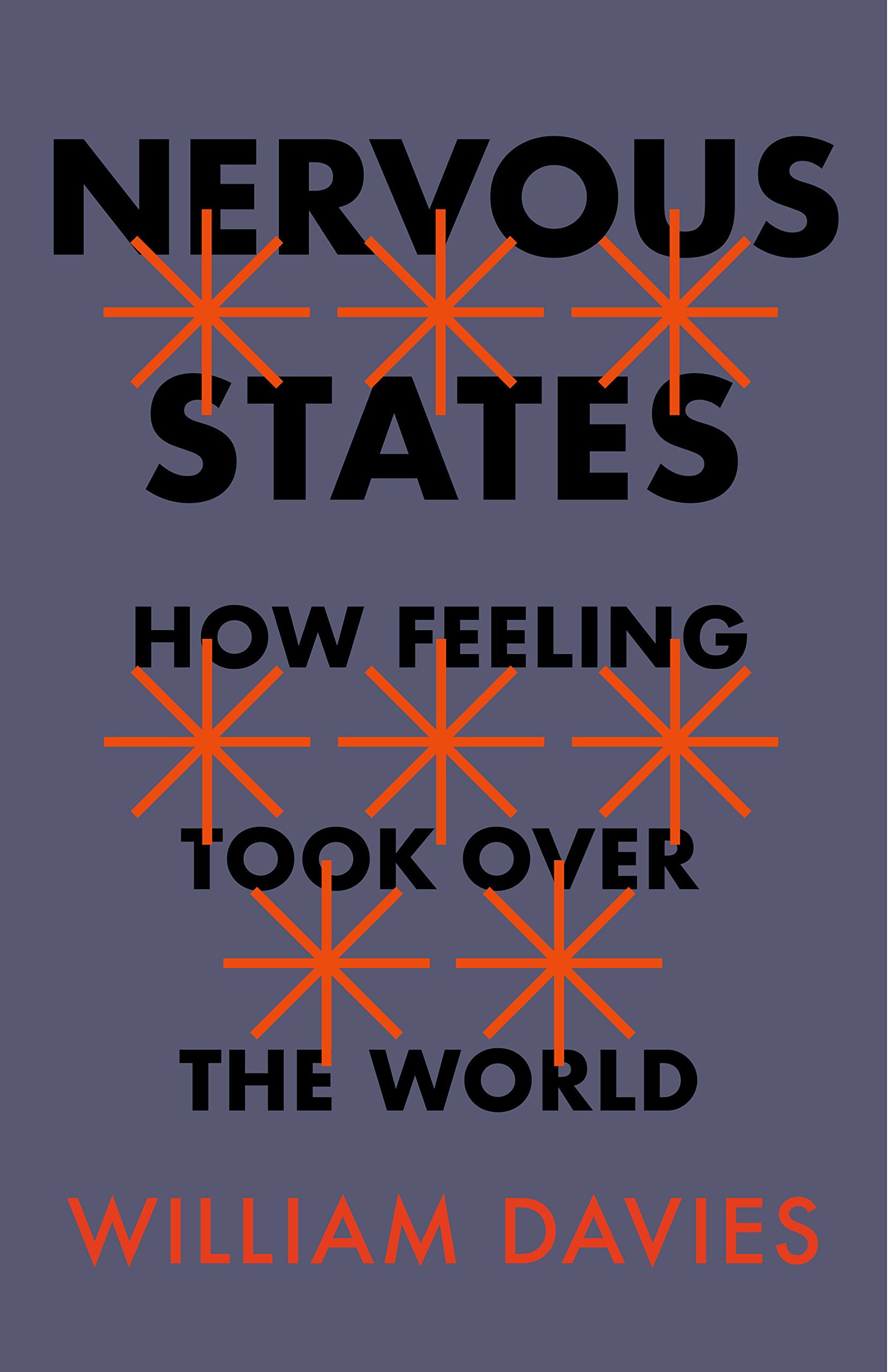
Nervous States: How Feeling Took Over the World – William Davies.
“Interesting and thought-provoking look at the state of a world in which the author views too many people as mostly reacting to things, rather than considering them first. He uses this, along with many recent examples, to explain the rise of ‘authoritarian populism’.”
How Fascism Works – Jason Stanley
“Stanley weaves together examples from all across the world and from many different points in time in order to shine light upon the fascist ideology in ways that are sometimes painfully recognizable for the reader. He also lays bare the insidious irony and subtlety of fascism: addressing it more makes the term ‘fascist’ seem simultaneously more extreme. What was originally intolerable is made to appear normal, and what is meant as a warning is made to appear like crying wolf.”
Floris Holstege, Assistant Analyst
“Great overview of the current challenges of the Indian economy. “
“India’s economic resurgence has been the subject of many extravagant predictions and hopes. In this powerful and wide-ranging book, distinguished economist Vijay Joshi lays out a penetrating analysis of the shaky foundations of the country’s performance, and charts the course that it should follow to achieve widely-shared prosperity.” – Amazon
Alen Hirstov, Assistant Analyst
Russian Roulette: The Inside Story of Putin’s War on America and the Election of Donald Trump – Michael Isikoff
“The book explores the roots of the Trump-Putin relationship (and their inner circles) and Putin’s sophisticated plan to gain influence in Washington”
Connor Dunlop, Assistant Analyst
LikeWar: The Weaponization of Social Media, by P.W. Singer & Emerson T. Brooking
“This book uses intriguing real-life examples to make clear how social media can be utilised to manipulate psyches, arguing that this has fundamentally changed what ‘war’ means. It is useful as we attempt to understand (post) modern and hybrid conflict, demonstrating how the line between peace and war becomes ever more blurred, and geography is no longer a decisive factor in dictating an actor’s ability to reach and affect its target. Weaves together many emerging transnational trends that we are often already aware of, but presents them in a thought-provoking and accessible manner.”
Bart Schermers, Assistant Analyst
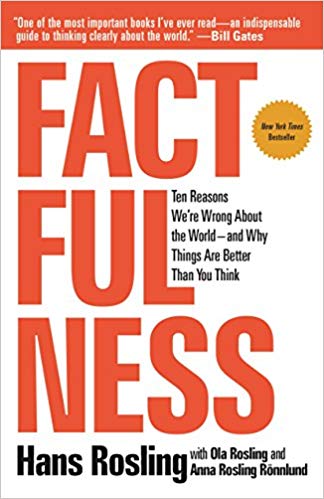
Factfulness: Ten Reasons We’re Wrong About the World – and Why Things Are Better Than You Think, by Hans Rosling, Ola Rosling, Anna Rosling Rönnlund
“This book presents an alternative to the doom and gloom of the everyday news by providing a counter-narrative strongly based on facts. Focussing on ‘’the developing world’’ it shows why not everything is as bad as it seems and that human progress is a silent affair. Recommended by Bill Gates and Barack Obama although the book sometimes feels aimed at a more junior audience.”
21 lessons for the 21st century, by Yuval Noah Harari
“After Sapiens and Homo Deus historian/philosopher Harari presents his view on what humanity needs to be focussing on as a collective. Although sometimes oversimplifying and recycling thoughts from his previous books, Harari once again provoked thought on my understanding of the world and humanity’s place in it. Recommended as a follow-up of Sapiens and Homo Deus.”

